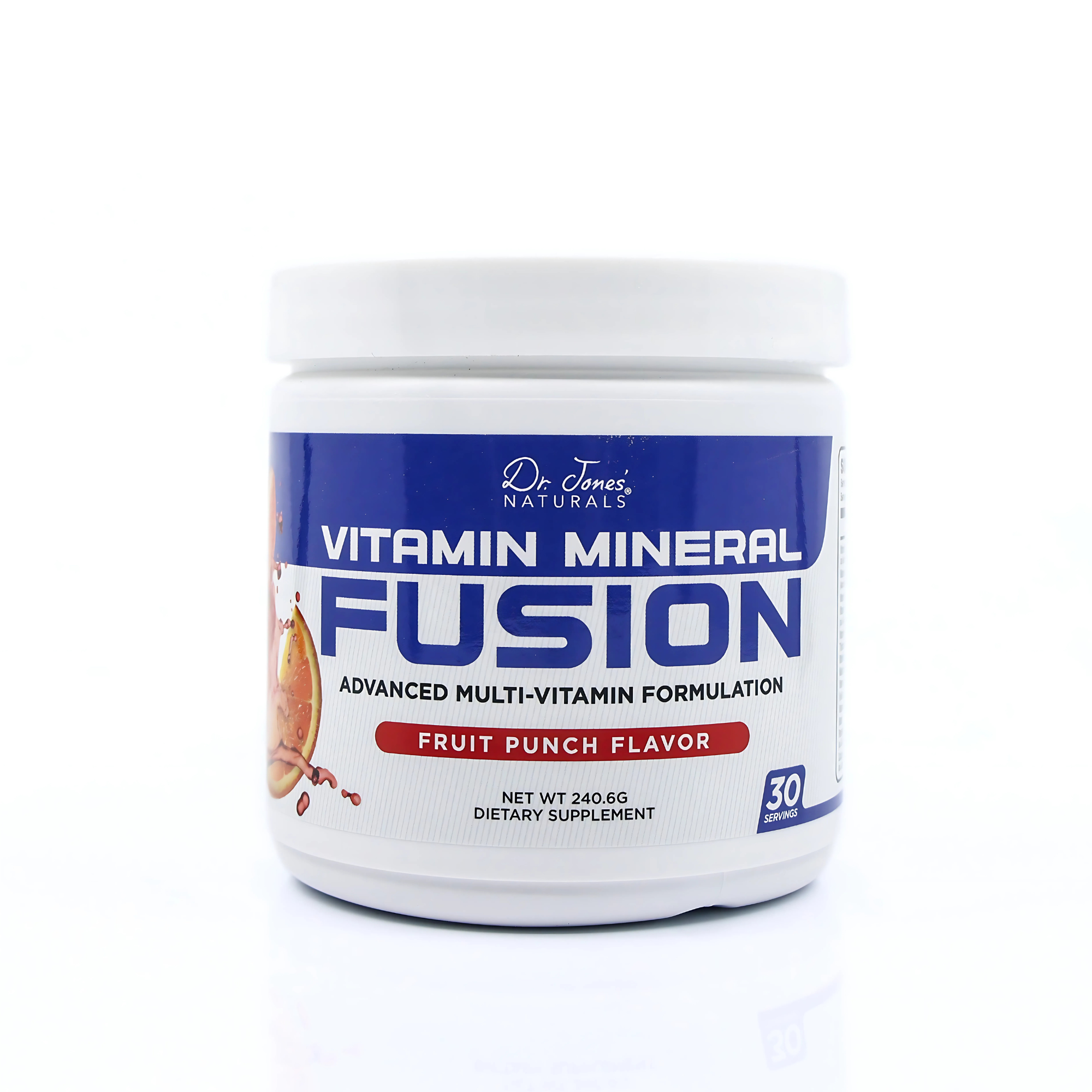What is Stress?
Stress is a physiological and psychological response to situations or events that challenge or exceed an individual's ability to cope. It is a natural reaction of the body and mind to perceived threats or demands, often characterized by feelings of tension, anxiety, or overwhelm. Stress can be acute, occurring in response to a specific situation, or chronic, persisting over a longer period of time. While a certain level of stress can be motivating and help individuals perform under pressure, excessive or prolonged stress can have negative effects.
The Relationship Between Stress and Cortisol
Stress is an inevitable part of life, and our bodies are equipped with a natural response mechanism to deal with challenging situations. When we encounter stress, our adrenal glands release cortisol, often known as the 'stress hormone.' Cortisol plays a crucial role in regulating various bodily functions, including metabolism, immune response, and blood pressure. However, prolonged or chronic stress can lead to consistently elevated cortisol levels, which can produce detrimental results.
Understanding the Importance of Stress Management
Effective stress management is vital for maintaining overall well-being. By implementing strategies to reduce stress levels and regulate cortisol production, individuals can mitigate the adverse impacts of stress on their physical and mental health.
Effective Stress Management Techniques
Managing stress involves adopting a holistic approach that addresses both the physical and emotional aspects of well-being. Here are some effective stress management techniques:
- Exercise: Engaging in regular physical activity is a powerful way to combat stress and lower cortisol levels. Whether it's going for a run, practicing yoga, or swimming, exercise can help release endorphins, the body's natural stress relievers, and promote a sense of well-being.
- Meditation: Mindfulness practices such as meditation and deep breathing exercises are excellent tools for calming the mind and reducing stress. By focusing on the present moment and cultivating a sense of inner peace, individuals can lower cortisol levels and enhance their overall resilience to stressors.
- Healthy Diet: Consuming a balanced diet rich in fruits, vegetables, whole grains, and lean proteins can support stress management. Certain foods, such as those high in sugar and processed fats, can contribute to heightened cortisol levels and exacerbate stress responses.
- Quality Sleep: Adequate sleep is essential for regulating cortisol levels and promoting overall well-being. Establishing a consistent sleep routine and creating a restful sleep environment can help reduce stress and optimize cortisol production.
- Social Support: Building strong social connections and seeking support from friends, family, or mental health professionals can significantly impact stress management. Sharing concerns and experiences with others can provide emotional validation and practical coping mechanisms.
Additional Stress Reduction Strategies
Aside from exercise, meditation, healthy diet, quality sleep, and social support, there are various other stress management techniques that individuals can incorporate into their daily lives:
- Journaling: Writing down thoughts and feelings can be a therapeutic way to process emotions and reduce stress levels. Keeping a journal allows individuals to reflect on their experiences and gain insights into their stress triggers.
- Breathing Exercises: Practicing deep breathing exercises, such as diaphragmatic breathing or box breathing, can help calm the nervous system and lower cortisol levels. These techniques are simple yet effective in promoting relaxation and reducing stress.
- Time Management: Organizing tasks and setting priorities can help individuals feel more in control of their daily responsibilities and reduce feelings of overwhelm. Effective time management can prevent stress from accumulating and impacting cortisol levels.
- Limiting Caffeine and Alcohol: Excessive consumption of caffeine and alcohol can disrupt sleep patterns and contribute to heightened stress levels. Moderating intake or avoiding these stimulants can support stress management and cortisol regulation.
- Engaging in Hobbies: Pursuing activities that bring joy and fulfillment can serve as a valuable outlet for stress. Whether it's painting, gardening, or playing a musical instrument, engaging in hobbies can reduce tension and promote relaxation.
By exploring a combination of these concepts and incorporating personalized approaches that resonate with individual preferences and lifestyles, individuals can cultivate a comprehensive stress-free toolkit. Remember that proactive stress management is a long term and necessary investment in your overall health and well-being.





